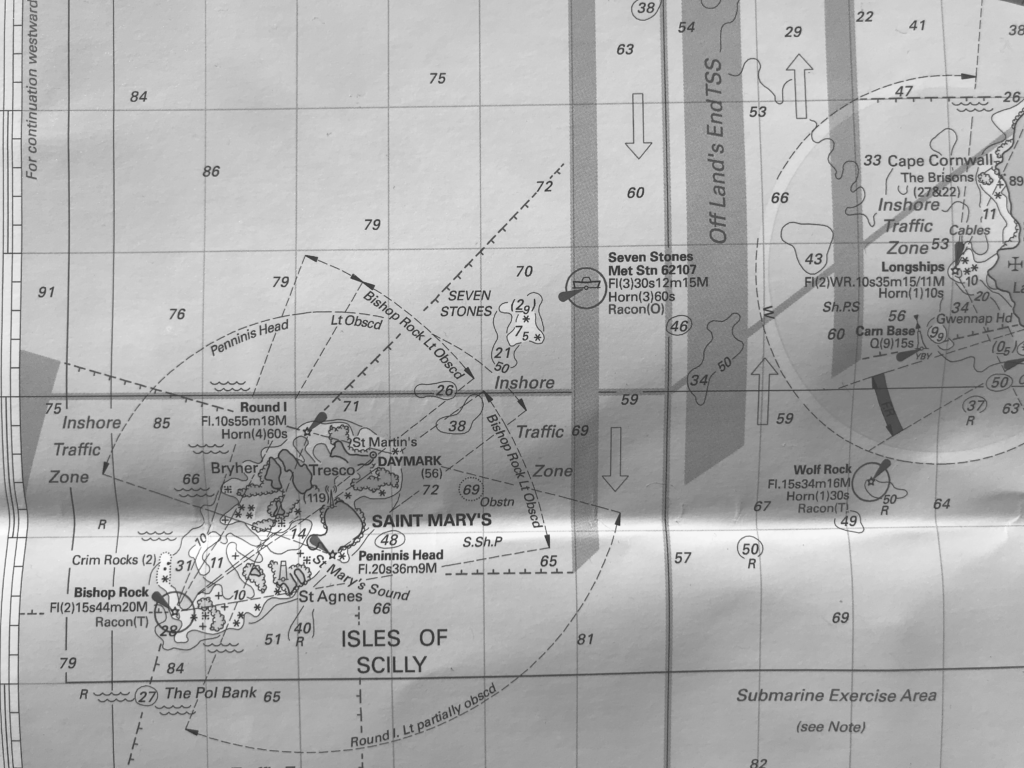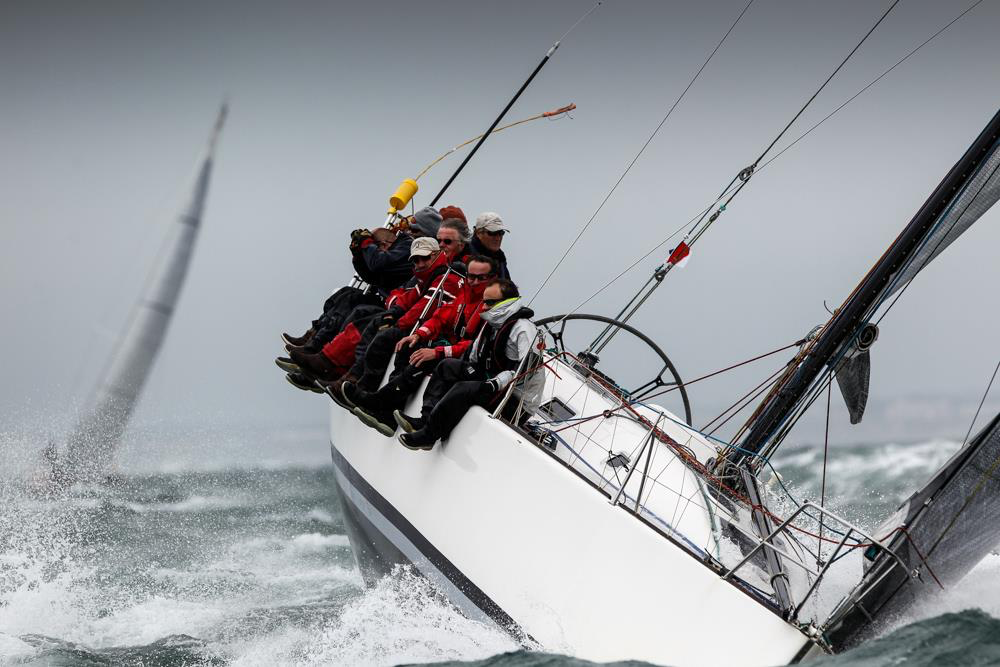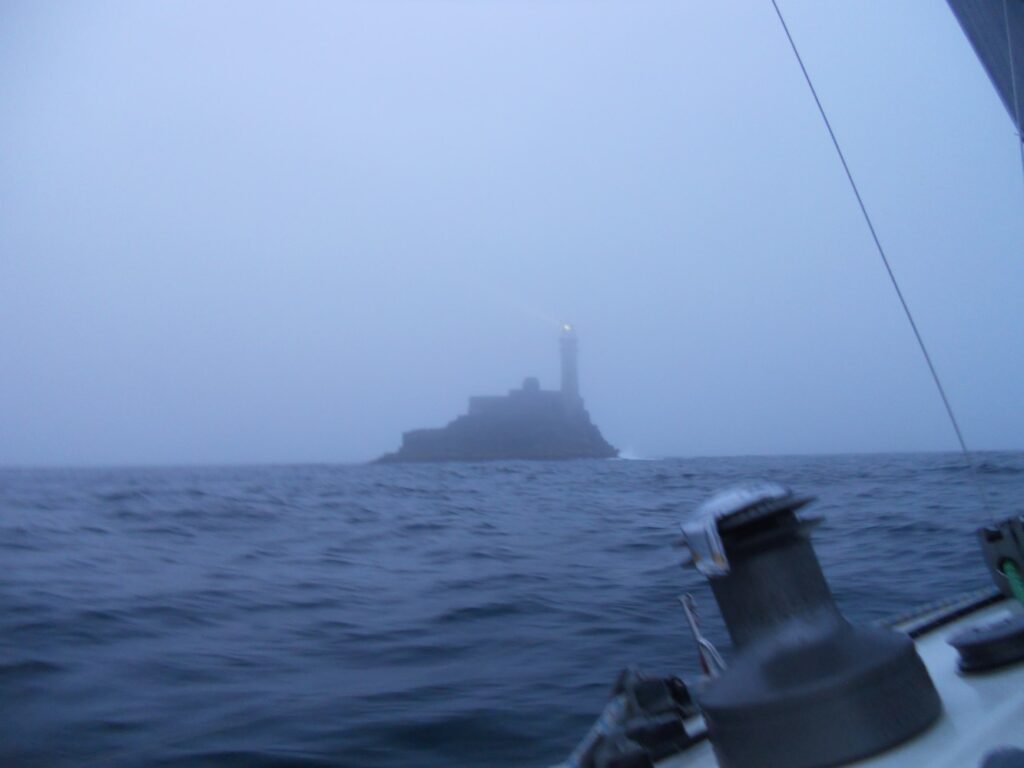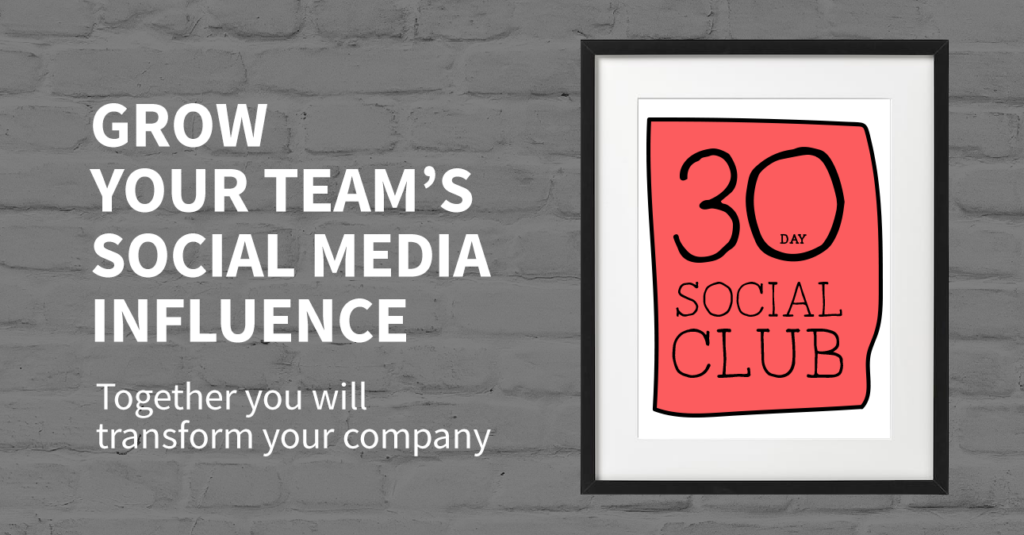
The day I learnt skills were more important than technology
Buying technology won’t solve your marketing and recruitment problems.
Technology supports skills, experience and strategy, it doesn’t replace it. This might sound strange coming from the CEO of a company centred around an employee advocacy platform but hear me out with this seemingly unrelated story…
I grew up in North Wales and while I’d done a lot of dinghy sailing, I’d always wanted to learn how to sail a yacht. So about 10 years back, I joined a yacht club in Brighton.
Modern yachts have sat navs called chart plotters, a bit like your car sat nav but even more futuristic and hi-tech. The yacht I started sailing on had an advanced GPS mapping system which not only told us where we were but included tides, weather and the positions of nearby boats.
I LOVE a shiny bit of tech so I was in heaven, especially when our skipper said he’d signed us up for the Fastnet race.

The Fastnet is one of the World’s most famous yacht races, a potentially very dangerous one at that. It spans 600 miles from Cowes in south of England, around Land’s End, then over to Ireland before rounding the Fastnet rock and sailing back to Plymouth via the Scilly Isles.
You don’t leave the yacht until the race is over, no stops, no land. I’d first heard about it when I was a child because in 1979, there was a major storm and a number of boats in the race sank. Quite a few participants lost their lives.
I agreed to take part but I don’t mind admitting I was pretty scared.
We trained hard and completed all the qualifiers.
It takes around 5 days & nights in normal conditions to complete the Fastnet. When the day of the race arrived, the wind was good and we made it down to Land’s End by the end of the second day. So far, so good.
As we passed the Scilly Isles and headed out into the Celtic Sea towards Ireland, the weather took a turn for the worse. The sea coming in from the Atlantic brought with it much bigger, rolling waves.
The wind picked up. Sailing overnight to Fastnet rock was like being on a roller coaster. The boat rode up the huge waves then slammed down the other side.
I honestly thought the yacht was going to break up at some points.
Eventually, as dawn broke, we saw Fastnet rock appear out of the gloom. It is quite something. Very bleak. Very dramatic.

We thought the worst was over. It wasn’t. The wind had picked up again and by nightfall, conditions were treacherous. We tried to put the navigation lights as it started to get dark. Nothing.
There was a fault – the yacht batteries were almost flat!
Things you need fully charged batteries for: navigation lights, internal lights, the radio and our all-singing, all-dancing futuristic chart plotting GPS mapping system.
We were hurtling towards some of the most dangerous coastline in the UK with no lights, no radio and no navigation system.
Far ahead in the distance, getting closer all the time, we could see the lights of two lighthouses flashing. As far as we could tell, they were on the Scilly Isles. Or was one of them on Lands’ End? Should we go round both of them or straight through the middle of them?
Without the chart plotter, we had no idea.
Luckily, we had an alternative: paper charts and that most hi-tech of things, a pencil.
Most of us had completed our navigation qualifications, so could in theory use paper charts but to be honest, it wasn’t a skill any of us used… Why would we? We had tech to do that!
In the dark, in the midst of the growing storm, with only using torchlight to go by, we had to dust off our brains and remember the intricacies of plotting positions and courses on paper.
If we got it wrong, we’d plough straight into some of the most treacherous rocks in the UK.
We were able to identify which of the lighthouses was which by their pattern of flashes described on the chart. We used this to plot our rough position on the chart and find a safe route to sail.
We managed to avoid the rocks and as dawn broke, we neared the Scilly Isles at a safe distance and the wind started to drop. This enabled the skipper to have a good look at the engine and identify the fault that had stopped everything charging.
Within a few hours, he had the batteries charging again and we’d restored power to the chart plotter and radio.
Later that day we sailed across the finish line in Plymouth… we’d completed the Fastnet.
It was harder and scarier than I’d ever imagined but here’s the thing: if we’d relied on technology alone, we’d never have made it back.
My lesson? Technology supplements and enhances your skills, it doesn’t replace it. However good your tech is, you still need the basic skills that underlie it. If you rely solely on tech, you’ll end up in trouble.
Similarly, clients who buy employee advocacy platforms thinking it will magically make their employees social media advocates will fail. Apps and platforms aren’t a replacement for employee social media skills – they facilitate and amplify it.
Never forget that technology supports your skills, experience and strategy, it doesn’t replace it.
